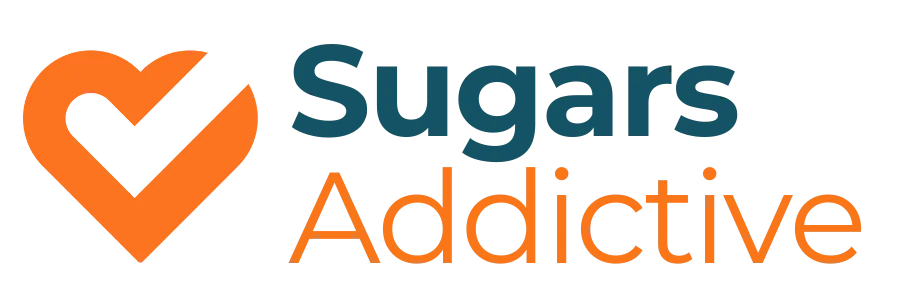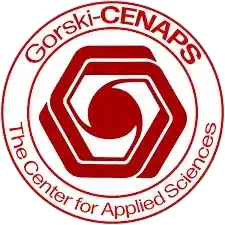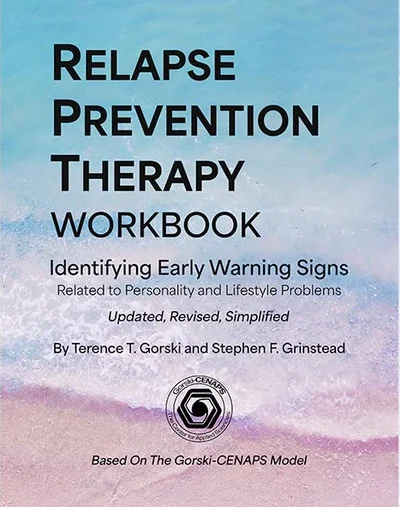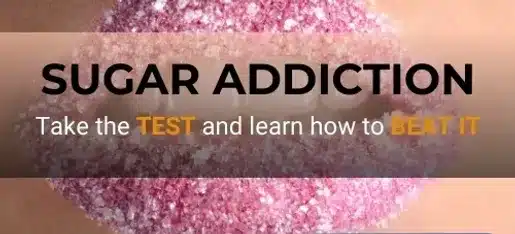Life presents us with many challenges, some more demanding than others. One such challenge is the struggle with addiction. It’s a complex and often misunderstood condition that affects millions worldwide. In the quest for sustainable recovery from sugar or any other substance, one of the most effective tools at our disposal is relapse prevention training.
In this comprehensive guide, we’ll delve into the essence of our GORSKI relapse prevention program, its importance, and how it can pave the way towards a brighter future for those battling addiction.
Understanding Addiction and the Need for Recovery
Before we delve into relapse prevention training, it’s essential to understand the nature of addiction. Sugar addiction is a chronic disease characterised by compulsive substance use despite harmful consequences. It affects both the brain and behaviour, making it challenging for individuals to stay off sugary foods even if they desperately want to.
But there’s hope. With the right support, tools, and strategies, sustainable recovery from food addiction is achievable.
What is Relapse Prevention Training?
Relapse Prevention Training (RPT) is a therapeutic process designed to prevent or limit the occurrence of relapse. The primary goal of RPT is to equip individuals with the necessary skills and techniques to identify and manage high-risk situations that could potentially trigger a relapse. Through this proactive approach, individuals can maintain their recovery journey without falling back into old habits.
Cognitive Behavioural Therapy: A Fundamental Aspect of RPT
One of the core components of relapse prevention training is cognitive behavioural therapy (CBT). This form of psychotherapy focuses on changing negative thought patterns that can lead to harmful behaviours.
CBT is effective because it helps individuals understand the relationship between their thoughts, feelings, and behaviours. It equips them with the tools to challenge and change unhealthy thought patterns, leading to positive behavioural changes. By altering these patterns, individuals can effectively manage high-risk situations and prevent potential relapses.
The Holistic Approach to Sustainable Recovery
A sustainable recovery from addiction doesn’t happen overnight. It’s a journey that requires commitment, hard work, and a holistic approach. This means addressing all aspects of an individual’s life – physical, emotional, and mental.
Relapse prevention training forms a significant part of this holistic approach. It provides individuals with a comprehensive toolset to manage their addiction and maintain recovery in the long-term.
The Developmental Model of Recovery (DMR)
The Developmental Model of Recovery (DMR) is another approach that fits seamlessly into the relapse prevention training framework. The DMR recognises that recovery is a complex process with various stages. Each stage presents unique challenges and requires specific skills and strategies for successful navigation.
By combining the DMR with relapse prevention training, individuals can develop a personalised recovery plan that caters to their unique needs and progress at their own pace.
GORSKI-CENAPS Model: An Effective Framework for RPT
Our GORSKI-CENAPS Model of Relapse Prevention Training is a widely-recognised and effective framework. It identifies relapse as a process, not an event, noting that numerous early warning signs precede each relapse.
The GORSKI-CENAPS Model will enable you to identify and address these warning signs through a methodical process, ultimately preventing relapse before it occurs. It’s an effective programme for individuals who find it challenging to say “no” even when they genuinely want to.
Staying on Track: The Role of Support in RPT
Support plays a crucial role in relapse prevention training. With professional help, group support and encouragement from loved ones, having a strong support system can significantly boost an individual’s ability to stay on track.
Support provides motivation, accountability, and a sense of belonging. It reminds individuals that they’re not alone in their recovery journey, fostering resilience and determination to overcome challenges.
The Journey to Sustainable Recovery: Embracing the New You
Relapse prevention training isn’t just about preventing relapses; it’s about embracing a new, healthier lifestyle. It’s about learning to live without the crutch of substances and finding joy, satisfaction, and fulfilment in other aspects of life.
Your journey to sustainable recovery might be challenging, but it’s undoubtedly rewarding. With the right tools, strategies, and support, we will empower you to break free from the chains of addiction and embrace a brighter, healthier future.
Conclusion
Relapse prevention training provides a practical and effective roadmap to sustainable recovery from addiction. It equips individuals with the necessary skills and strategies to manage high-risk situations and prevent relapses. By integrating cognitive behavioural therapy and the Developmental Model of Recovery, individuals can navigate their recovery journey with confidence and resilience.
Remember, relapse isn’t a sign of failure; it’s merely a stepping stone on the path to recovery. Our relapse prevention training will enable you to turn these stumbling blocks into stepping stones, paving the way towards a brighter, addiction-free future.






